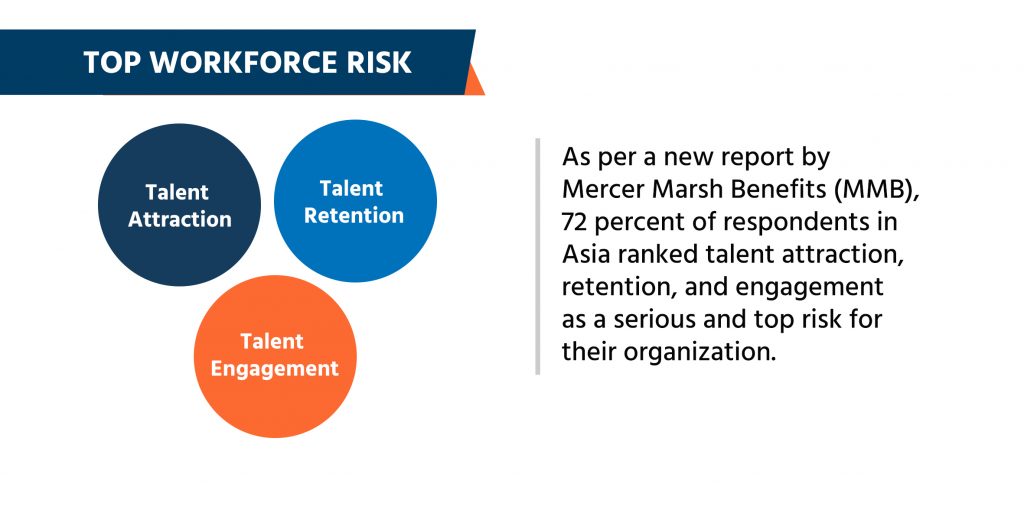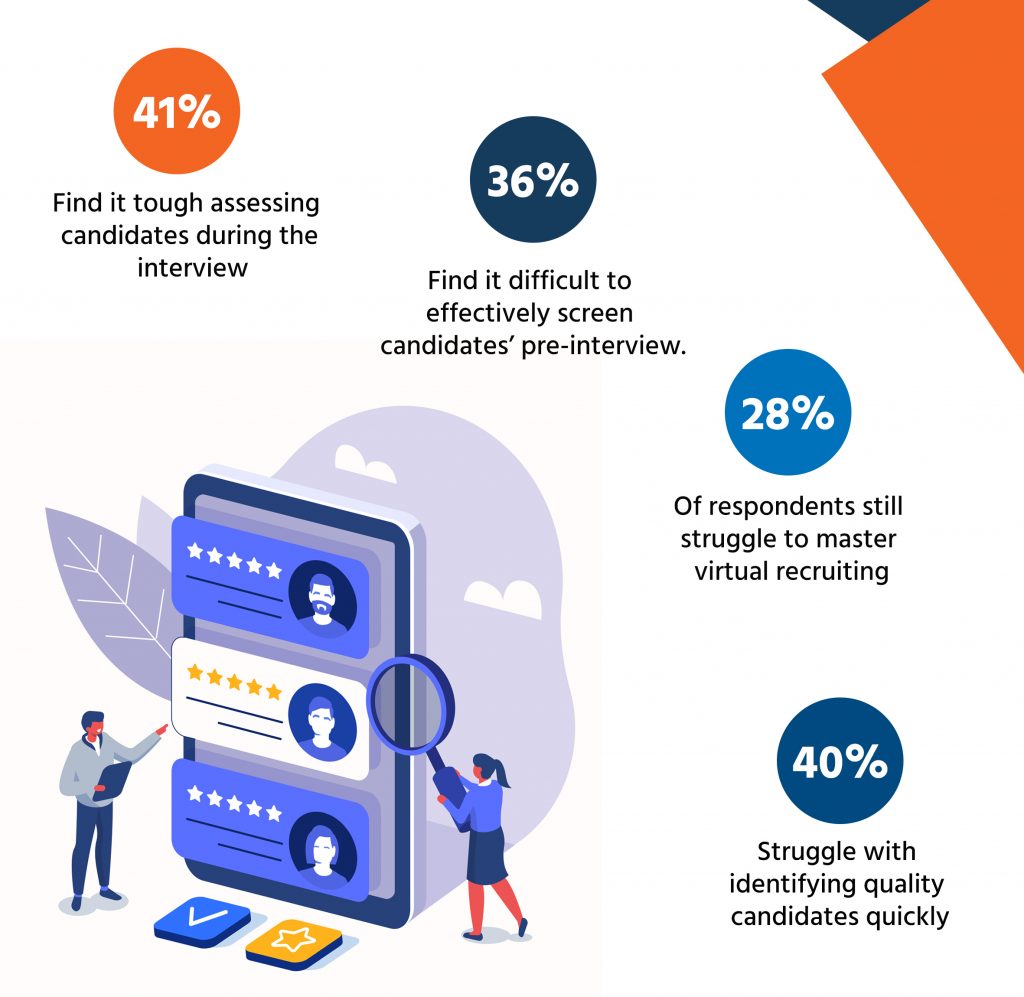Things that were a luxury before have turned into critical factors for HR now. On the one hand, as travel restrictions still stay vague and hesitant, organizations struggle to meet top talent seated across borders. The need for quality talent, supported by adequate diversity and inclusivity, has increased. Therefore, remote interviewing has become a blessing for so many companies. This format of interviews differs from in-person interviews. It helps a recruitment team to cross the barriers of geography. It allows everyone to go through the critical stages of interviews, assessments, and on-boarding – easily and effectively, no matter where one is. Plus, it is simple, quick, and cost-effective. The benefits of remote interviews are many.
Remote interviews :
- Save time
- Save wasted efforts
- Make the process engaging and productive for candidates
- Lead to disruptive hiring
- Promote diversity and outreach
- Minimize unnecessary expenditure
- Speed up the hiring process
- Add depth and personalization to the interview
So how to go about them?
Conduct successful remote interviews with these best practices
Here are some tactics that can be helpful when you are executing interviews in a remote model.
- Decide the best suitable technology – Do not deploy what your competitor or former colleague has invested in. It is a ‘horses for courses strategy. For some teams, speed is essential, and for some companies, the feature of personalized interviews would be significant. So pick what works best for your needs and interview scenarios. Use something that helps to minimize scattered efforts in hiring. The results are a leap ahead when you can source, assess, and track applicants in one place.
- Communicate your processes clearly – It is not enough to have a great tool and just plug it in. The new model, and its working aspects, have to be explained well to the recruitment team and, if needed, to prospective candidates. This helps to derive maximum impact from the technology that you are embracing here.
- Do not interview unsuitable candidates – Try to shrink the recruitment funnel as fast as possible and much. The sooner you filter out candidates that do not fit your profile, the better you will get an efficient and effective recruitment process.
- Have a backup plan – You never know how the mind of a prospect would work. You can never be sure of what choices the candidates ultimately make. Whether or not they show up, whether the chosen ones join your next stage or not- it’s always a fuzzy scenario. So always have a Plan B that can pop up whenever the ideal scenario does not work out.
- Minimize distractions – Whether in people, meetings, work-related interruptions, organizational noise, or psychological noise; weed out unnecessary factors during the interview. It will allow you to get to know all aspects of a candidate very well regarding the job expectations.
- Get feedback to improve the hiring game – Make an effort to gather the input of both chosen and not-chosen candidates. Also, do exit interviews of people who opt to move out for various reasons despite being selected. This will help you gauge any gaps and correct them for the future.

So you must choose a complete HR suite like Oto_Code for assessments that can blend analytics, AI, and Cloud excellently. Also, cut back on manual testing and try to add precision with job-specific assessments. This will help the recruiter spend more time with candidates on things that need cognitive and conversational time.

These are valid and persistent concerns. That’s why remote interview tools designed by smart players are a great way to save time, add convenience for candidates and HR teams, and shorten the distance between the ideal candidate and the organization. Done with the right tool, remote interviews can empower you with a lot of speed, scale, and efficiency. Go remote. Go everywhere.
- Embracing Agility and Inclusion: The Power of a Skills-First Approach in Talent Management - August 14, 2023
- How to Reduce Time to Proficiency and Measure Onboarding Effectiveness - August 10, 2023
- Unleashing the Power of AI: Transforming Learning and Development in Your Organization - August 1, 2023

